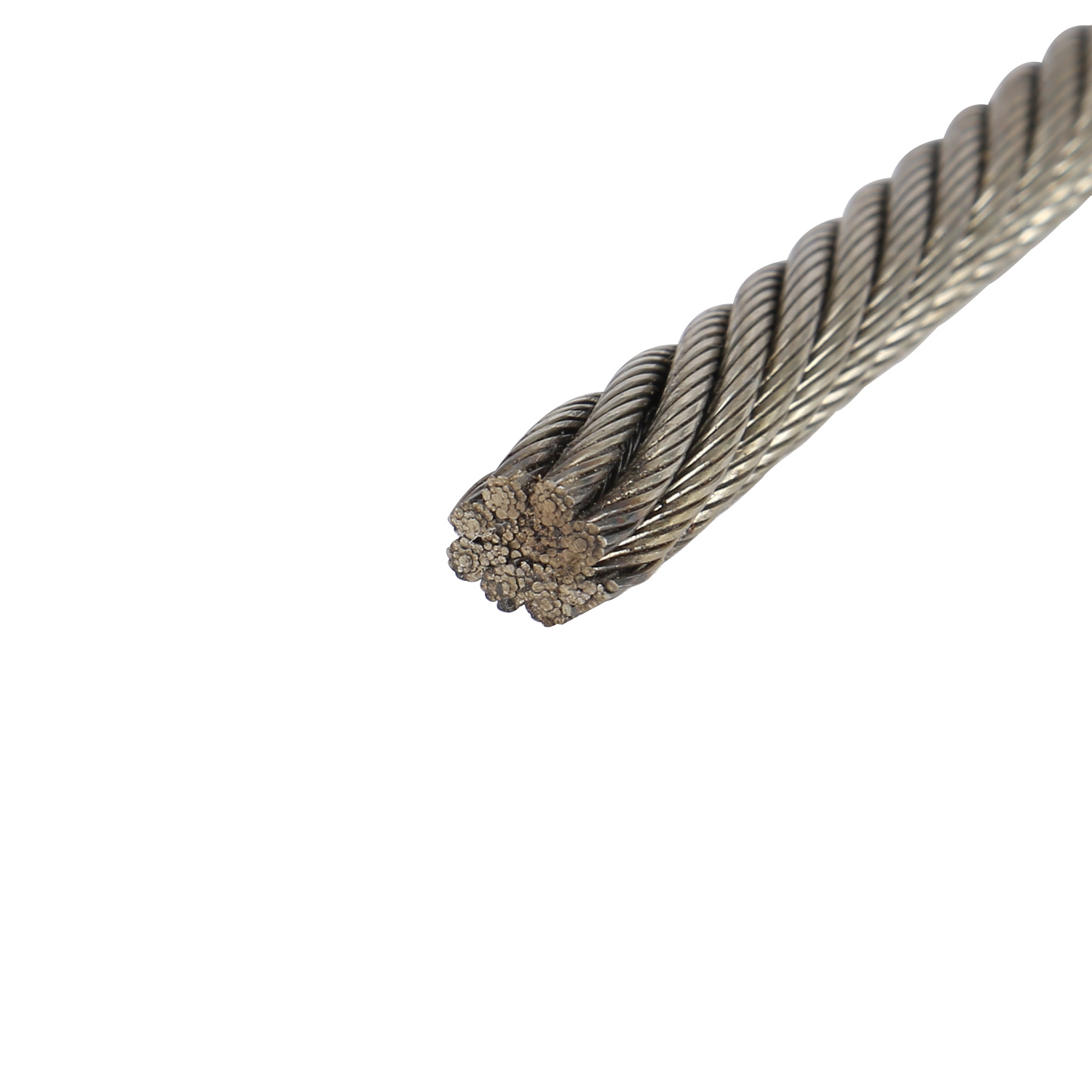Table of Contents
Strengths and Weaknesses of Steel Cable for Industrial Applications
Steel cable is a versatile and durable material that is commonly used in various industrial applications. Its strength and reliability make it a popular choice for tasks that require heavy lifting or secure fastening. However, like any material, steel cable has its strengths and weaknesses that should be considered before use in a specific application.
One of the main strengths of steel cable is its high tensile strength. Steel is known for its ability to withstand heavy loads without breaking or stretching, making it ideal for tasks that require lifting or pulling heavy objects. This strength also makes steel cable resistant to abrasion and wear, ensuring that it can withstand harsh conditions without compromising its integrity.
In addition to its strength, steel cable is also highly resistant to corrosion. This makes it an excellent choice for outdoor applications or environments with high Levels of moisture or humidity. The protective coating on steel cable helps to prevent rust and deterioration, ensuring that it remains in good condition for an extended period of time.
Another advantage of steel cable is its flexibility. While steel is a rigid material, the individual strands of steel cable can be twisted and bent to conform to different shapes and angles. This flexibility allows for easy installation and manipulation, making steel cable a versatile option for a wide range of industrial applications.
Despite its many strengths, steel cable also has some weaknesses that should be taken into consideration. One of the main drawbacks of steel cable is its weight. Steel is a dense material, which can make steel cable heavy and difficult to handle, especially in large quantities. This weight can also put strain on equipment and structures, potentially leading to premature wear and tear.
Another weakness of steel cable is its susceptibility to fatigue. Over time, repeated bending and flexing can cause steel cable to weaken and eventually fail. This is especially true in applications where the cable is subject to constant movement or vibration. Regular inspection and maintenance are essential to prevent fatigue-related issues and ensure the continued reliability of steel cable.

In addition, steel cable is not as resistant to shock loading as other materials, such as synthetic fibers. Sudden impacts or overloading can cause steel cable to deform or break, posing a Safety risk to workers and equipment. Careful consideration should be given to the potential for shock loading in any application that uses steel cable.
In conclusion, steel cable is a strong and reliable material that is well-suited for a wide range of industrial applications. Its high tensile strength, corrosion resistance, and flexibility make it a popular choice for tasks that require heavy lifting or secure fastening. However, its weight, susceptibility to fatigue, and limited resistance to shock loading are important factors to consider when choosing steel cable for a specific application. By understanding the strengths and weaknesses of steel cable, industrial users can make informed decisions about its use and ensure the safety and efficiency of their operations.
